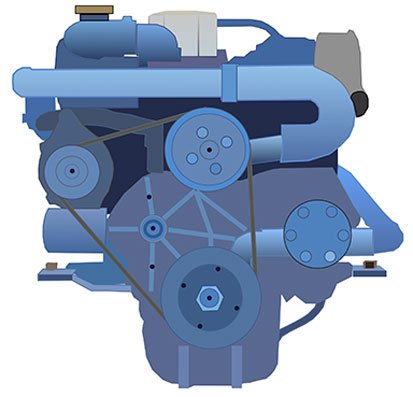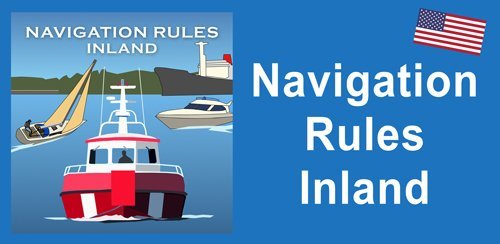Boat Engine Safety Checks
Every skipper needs to make regular essential boat engine safety checks. Below you will find tips, all featured in our Safe Skipper app, guiding you through Pre-start Checks, Running Engine Checks, advice about troubleshooting and helpful tips.
Boat engines on the whole are pretty hardy, but they all need regular inspection and servicing, as recommended in operator maintenance manuals. Engine failure is the most common cause of pleasure vessel rescues at sea, for both power and sailing cruisers. Rescue service records confirm that many breakdowns could have been avoided if engines had been checked prior to departure.
Regular examination helps to identify problems at an early stage, so reducing the risk of engine failure. There is a great diversity of marine craft and engines, so it is essential to have aboard an operator’s maintenance manual for your vessel’s engine, together with the engine’s service history. The performance of engines depends on the use of correct fuels, lubricants and inhibitors and it is important to follow the recommended procedures for winterising and laying up procedures as recommended in your manual.
The golden rule that applies to all engines is to carry out regular boat engine safety checks.
Pre-start Marine Engine Checks:
• Fuel levels for main and reserve tanks
• Batteries are fully charged
• For signs of oil, fuel or water leaks
• Engine oil level
• Gearbox oil level
• Prop shaft stern gland is greased (if fitted)
• Engine belts for wear and tension
• Engine hoses for signs of perishing or leaks
• Impeller for signs of wear
• Fuel filter for dirt or water
• Seawater cooling filter is free of debris
• Seawater cooling seacock is open
• Coolant levels of freshwater systems (if fitted)
• Loose wiring
Running Engine Checks:
• Seawater cooling system is flowing correctly
• Engine hoses, cooling and fuel systems for leaks
• Engine has no unusual vibrations
Troubleshooting:
Engine problems at sea can often be remedied by working through a problem’s possible cause and solution. A good operator’s manual should advise what to do if an engine does not start, the starter motor does not turn, the engine overheats, vibrates or makes unusual noises. Skippers who are prepared for such an eventuality should be able to sort out most problems without having to call for help.
Helpful Tips:
• Carry spare engine filters, hoses, gaskets
• Carry an engine toolkit
• Make sure you have an engine manual
• Familiarise yourself with how to troubleshoot common engine problems
All of this advice and more is available in our easy-to-use, quick to access app for iPhone and Android. Go to SafeSkipper.com to find out more.









